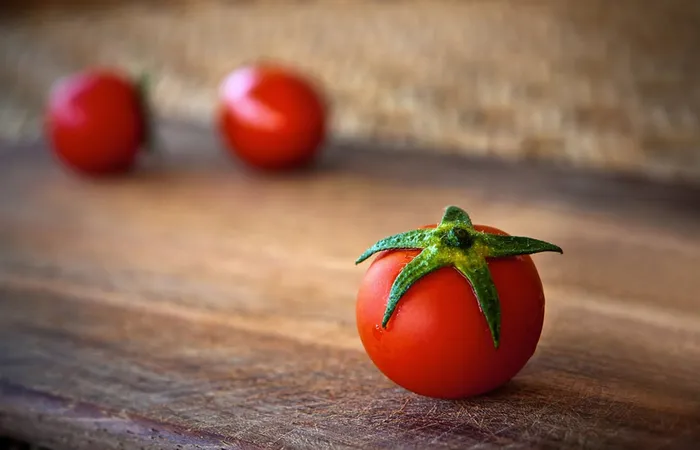‘Only thing I’m living on now is hope’ say small scale KZN farmer

Picture: Pixabay Picture: Pixabay
Durban - Small- scale farmers in Durban are struggling to survive despite government making money available through the R1.2 billion Covid-19 Agricultural Disaster Support Fund.
The fund is meant for financially- distressed small-scale vegetable, poultry and other livestock farmers during winter. Vegetable farmers will be assisted with seedlings, fertiliser, pesticides, herbicides and soil correction.
Poultry farmers will be assisted with day-old chicks, point-of-lay chickens, feed, medication and sawdust. Other livestock will be assisted with feed and medication.
Other commodity sectors would be evaluated individually.
Thoko Didiza, the Minister of Agriculture, Land Reform and Rural Development, said those who did not qualify were farmers preparing for the 2020 summer production season.
“The aim is to provide immediate to near-term support to smallholder farmers currently affected by Covid-19,” said Didiza.
Submissions for funding close today (Wednesday).
Bhaya Deosaran, a small-scale vegetable farmer in Verulam, said since the lockdown he had struggled to sell his produce. He supplied restaurants as well as the farmers’ markets in Verulam and Tongaat.
He said the produce could only be kept for three to four days before it rotted.
“Once our crop is harvested, it has to be sold. We have so much excess that we donated a lot to the poor and disposed of the rest. The only thing I am living on right now is hope.”
He had already submitted his application for relief. “This is a difficult business to be in and the biggest struggle is not being able to sell your crops or move your stock. As a result, we are forced to trade at cheap rates.”
Following in the footsteps of his dad, Deosaran started farming at the age of 17. He owns a 20-hectare vegetable farm and grows bhindi, calabash, spinach, cabbage, chillies, pepper and lettuce.
He said he sold spinach at R2.50 a bunch and the price had remained the same for the past 20 years.
Deosaran said their input costs were high, while the outputs remained the same.
“We have to pay for rising fuel costs and salaries. Nobody cares if you are not making a profit.”
He said he was eager to find out whether or not his application has been successful.
Deosaran said he understood that those who had been successful could get vouchers to purchase fertiliser, seeds and pesticides.
Roy Nohari, a small-scale farmer in Tongaat since 1969, said he and 15 colleagues in the farming industry applied for the relief.
“We submitted our application forms along with supporting documents like lease agreements, title deeds, certified copies of our IDs and bank statements via the Kwa Dukuza branch of the Department of Agriculture. Now, all we have to do is wait.”
Nohari has a farm where he grows madumbis, ginger, sweet potatoes and other vegetables.
A 46-year-old Inanda small-scale farmer, who declined to be named, said he was unhappy that applicants had to stipulate their race. “Why is there a need for that in a democratic country?”
He said during the lockdown, people gained access to his farm and stole crops.
“And from what I have gathered, they sold it door to door.”
He said if he received the relief, he would feel at ease as he felt demotivated.
“Right now, I feel like I am working towards my death. Farming is the only thing I know.”
Reggie Ngcobo, the spokesperson for the Department of Agriculture, said race was not a factor in choosing who qualified for funding.
He said indications of race on the application form, just like gender, was done for statistical information purposes.
He said the only requirements were:
· South African citizens who have been actively farming for a minimum of 12 months
· Communal and Smallholder producers with an annual turnover of R20 000 up to R1 million
· Preference shall be given to women (50%), youth (40%) and people with disabilities (6%) in the above-mentioned categories
· Applicants who are currently in production
· Producers of poultry, vegetables, fruit, winter field crops and livestock
Ngcobo said the department did not specify the number of farmers that would be assisted. This would depend on compliant applications.
He clarified that no money would be given to the applicants but production inputs to a maximum value of R50 000.
The department anticipated that successful applicants would be informed by the end of May.
“All applications will be considered but the final decision will depend on compliance to the requirements as well as the available budget. The aim is to reach as many applicants as possible."